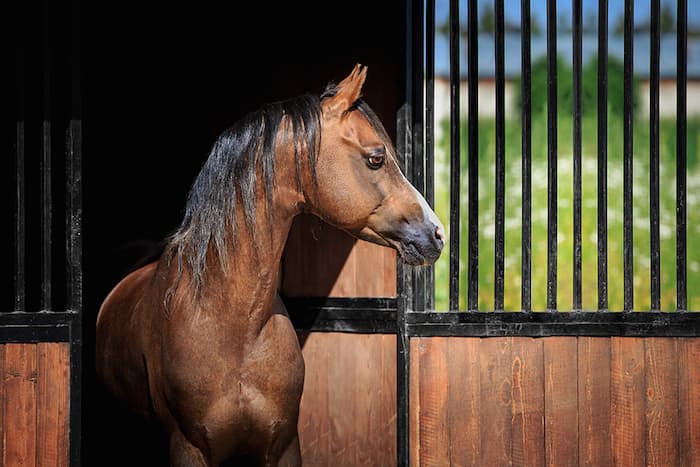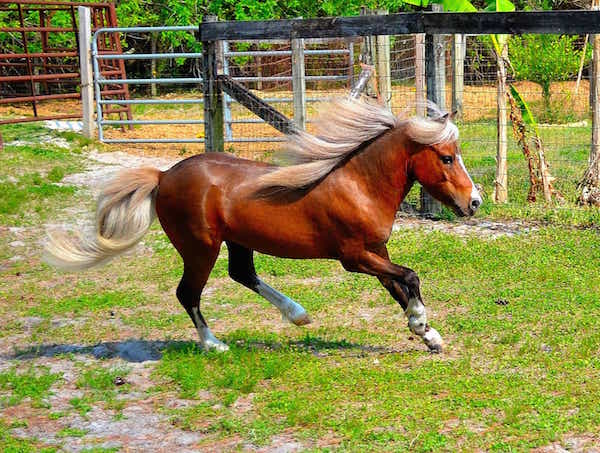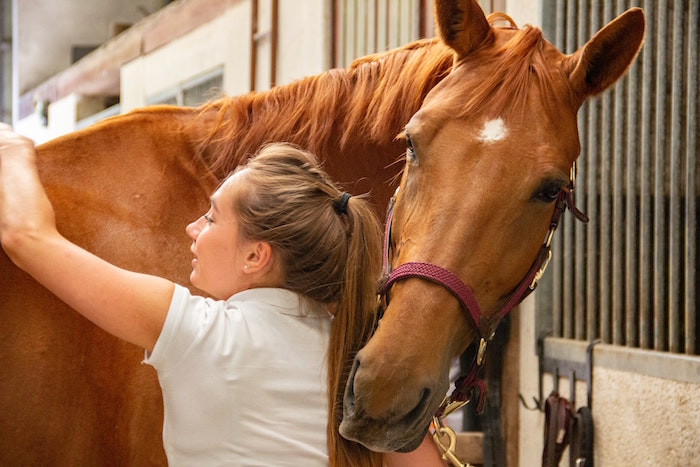Are you the proprietor of a horse or potentially interested in coming to be one? If so, it is essential that you comprehend equine property regulations and also your rights as well as obligations as an owner. In case of unavailability of your rights you can contact an equine solicitor to handle your case and to provide you the rights by managing the case in the light of equine laws
It is critical for those who own horses to have an extensive comprehension of the legitimate elements related with ownership, including laws associating residential property civil liberties, possession duties and further besides.

Property Rights: A Comprehensive Insight into Owning an Equine Estate
With reference to ownership of an equine estate, there is a need for various regulations and laws to be taken into consideration. The matter of property rights in the horse industry is complex given that it necessitates many parties with distinct entitlements as well as obligations.
For owners to shield their interests and make certain that the requirements of their horses are addressed, it is essential they comprehend these prerogatives. To understand property rights adequately presumes knowledge regarding any legal documentation associated with the acquisition of said asset.
The Deed of Ownership will provide all the information a buyer needs in order to form an educated judgment about whether or not they should proceed with their purchase. Furthermore,
It is important for potential purchasers to carry out research into any relevant zoning regulations prior to buying an equine estate, so as to ascertain if their proposed use of the land will be permissible under local laws. Moreover, individuals considering owning such property are advised to also consider what kind liabilities may come with this type of ownership.
Owners ought to acquaint themselves with the state-specific liability laws applicable for horse ownership, in addition to any other pertinent state legislation concerning animals or livestock kept on personal properties; this encompasses anything from fencing specifications and animal welfare regulations, amongst others.
Furthermore, owners may be obliged to acquire special insurance cover contingent upon how many horses they intend on maintaining at their property as well as what type of activities they aim to conduct at that location (for instance riding lessons).
It is also important for owners of equine estates to understand their obligations with regard to tax-related matters, this includes both federal income taxes associated with horse ownership (if applicable) and ad valorem assessments based upon the location and usage of the property by its owner.

Unpacking Owner Responsibilities in Equine Law
In relation to equine property laws, it is imperative for owners to be cognizant of their rights and obligations. Owners must assume responsibility for the well-being of their horses by guaranteeing they are suitably cared for and kept in good condition, whilst also being aware of any potential legal matters which may emerge from horse ownership.
Furthermore, it is important that people comprehend the various regulations applicable to horses contingent upon different states or nations. A primary duty imposed on owners when considering such legislation pertains to making sure all necessary paperwork has been correctly completed and filed properly.
It is imperative that one familiarize oneself with all documents pertinent to the ownership of a horse, including registration papers, insurance policies, veterinary records, sales contracts and any other relevant materials. Additionally, it is advisable to be cognizant of any restrictions or conditions which may accompany owning a horse such as zoning laws restricting areas in which an individual can house their equine companion.
In addition, owners should also acquaint themselves with local regulations concerning pasture management if they are keeping their horse on private land; this incorporates understanding optimal practices for grazing patterns so as not to damage the environment or cause harm to neighboring properties.
If leasing out a horse then it is of paramount importance that both parties sign a written agreement setting out provisions such as payment schedules, care requirements, liability issues etc – failing to do so could lead to legal disputes in future if either party fails in fulfilling their obligations under an unwritten contract.
Finally there may be fiscal implications when owning a horse – contingent upon whether its categorized as an asset or hobby – thus make sure you have consulted with an accountant prior to buying one who can advise you accordingly regarding applicable taxes in your region including capital gains tax which might apply if you decide later down the line sell your animal.

Gaining Law Knowledge: How It Empowers the Modern Horse Owner
As the owner of a horse, it is essential to appreciate the laws and regulations that govern one’s relationship with their equine partner. Equine property rights are intricate and may differ from state to state; however, having an adequate understanding of such legalities can help safeguard both oneself and one’s horse. Acquiring knowledge in law therefore gives modern-day horse owners the power to make informed decisions regarding how they look after their animal.
In order for someone to gain this desired level of knowledge in law, familiarization with different types of equine property rights needs firstly be obtained.
It is imperative to understand the various categories that fall under the broad term of equine law. These include but are not limited to ownership rights, land use rights, public access privileges with regard to liabilities for owners and riders alike, animal welfare regulations when it comes to horses.
Conclusion
In conclusion, the acquisition of knowledge concerning equine property law is indispensable for all horse owners. Being cognizant of one’s rights and duties as a possessor of horses can aid in making judgements that are beneficial to both owner and animal alike.
Possessing an ample amount of comprehension related to the legal aspects linked with being a horse proprietor has potential to safeguard against any issues which may arise due its disregard or failure in adhering by laws set out. Ultimately, possessing awareness about equine property regulations is integral for having an advantageous ownership venture without.
Related Reading
